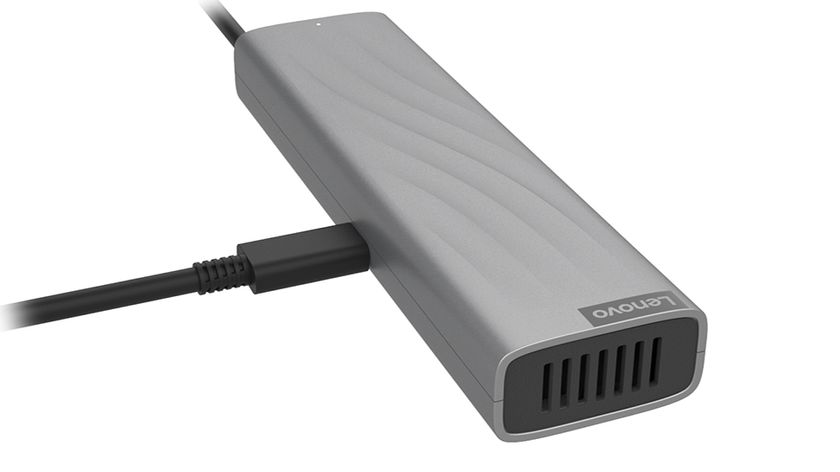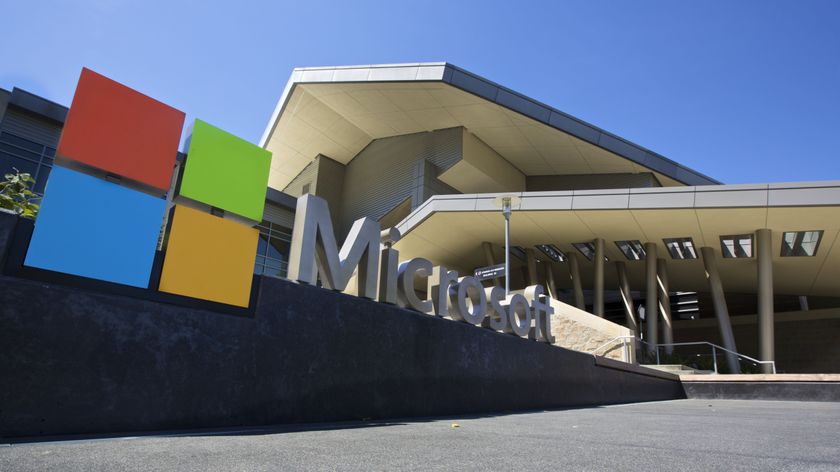How cloud storage can help your business
Convenience and peace of mind

Launched in 2008, Livedrive is a cloud storage company that stores files, photos, music videos and other digital content online. It offers several tailored packages for home and business users around the world and provides online backup services to major UK retailers including PC World, Currys and Dixons.
We spoke to the company's Marketing Manager Rob Custons to find out more on the technical differences between its products and how cloud can help your business.
TechRadar Pro: What is Cloud storage?
Rob Custons: The word "Cloud" has confused some people because it doesn't really describe what the service does. The term "Cloud storage" generally refers to a product which enables people and/or businesses to store data remotely in secure servers - such as these 10 brilliant cloud storage services.
This basically means that users can store their files in a secure place on the internet and then download or view the files through an internet connected device.
Most Cloud storage companies offer desktop software to upload and download files from the Cloud. Some companies, such as Livedrive, enable users to access their data through mobile apps and web browsers.
TRP: What is the difference between backup and cloud sync products?
Are you a pro? Subscribe to our newsletter
Sign up to the TechRadar Pro newsletter to get all the top news, opinion, features and guidance your business needs to succeed!
RC: Back up and sync products are quite similar, they both enable users to upload and download files from the Cloud, however there are a few key differences.
A Backup folder is like a mirror of a customers' hard drive, the software creates a copy of the files on a user's computer or mobile device and places them in the Cloud. This will make sure customers never lose their files, even if their computer is stolen or breaks.
As you would expect, if you create, edit, or delete a file on your computer, the same will happen to the file in the cloud. Livedrive and a few other back up providers offer automatic back up which makes the process simple. The key advantage of Back up products over Sync software is that they enables users to automatically upload and download lots of files at the same time.
Sync services are generally special folders which enable users to directly place files in the Cloud. A sync Cloud folder can be installed on a range of computers and mobile devices and will always contain the same information.
This means that you can start a document in your home and then open your sync folder at work and continue editing the same document. The key advantage to sync products over back up software is that the user can edit the files while they are in the cloud.
TRP: What are your thoughts on the current trend of creating cloud storage products for businesses?
RC: Most businesses hold a lot of important data which is key for their business to run properly. Some online studies suggest that businesses without a well-structured recovery plan are forced to shut within 12 months following a flood or fire. We certainly believe data is very important for businesses and having an off-site backup of your important files makes sense.
The reason that there is a considerable amount of talk about Cloud software for businesses at the moment is because there are many companies who would benefit from the Cloud but simply don't know about it or don't understand it.
Livedrive has had a Business product for a few years now and we have tried to offer something different from the typical cloud products by enabling users to have backup and sync folders in the same product. We also see collaboration as a key area for Business users and have enabled colleagues to work on each other's files in the cloud through our "team folders".

Désiré has been musing and writing about technology during a career spanning four decades. He dabbled in website builders and web hosting when DHTML and frames were in vogue and started narrating about the impact of technology on society just before the start of the Y2K hysteria at the turn of the last millennium.









